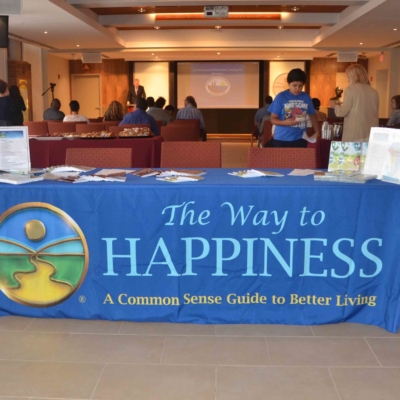Depending on when they begin and how far they take their education, an individual’s educational experience actually takes up a considerable portion of their life, and for good reason. Most individuals consider school to be the place for students to learn basic academic skills, and it’s true that this is one of the foremost purposes of school, to provide the academic foundation an individual will need in order to succeed in their future. However, the school environment and experience also has another important role in an individual’s life-a social education that can greatly influence their view of honesty, ethics, hard work and discipline. Done well, an individual who completes their basic education through high school should not only have the basic academic skills they will need in the future, but also a strong social foundation that will help them integrate smoothly as a productive member of society.
The Effects of Cheating in School
The concept of cheating is normally not a difficult one to grasp–it means that the individual is avoiding the normal and acceptable course of action in order to reach an end goal without going to the same trouble. While this is obviously not desirable, cheating in school is fairly commonplace nowadays. In fact, a recent study has determined that there are some teachers who have not only allowed cheating to occur, but have actually encouraged cheating to take place, or sometimes even cheated themselves for their students’ benefit. State investigators in Georgia found a pattern of cheating that dated back over a decade and involved one hundred seventy-eight teachers and principals in forty-four out of one hundred state schools. State officials in New York found twenty-one proven cases of teacher cheating between the years of 1999 and 2001. Teachers would read off answers during a test, copied secured tests to use during class, and even peeked at test questions and then taught classes covering those topics.
In the year 1940, only about twenty percent of college students admitted to having cheated at least once during their academic careers. Today, it is anywhere between seventy-five and ninety-eight percent of students who admit to cheating at least once during their academic careers. Studies have demonstrated that cheating normally begins in middle school, either through copying someone else’s homework or cheating on a test, sometimes both. Those individuals who begin cheating and are not caught–or worse, are encouraged to continue cheating–are less likely to straighten out between that point and high school, or even college. Unfortunately, this often translates to looking for the “easy” options throughout one’s life, which means that one may not be very honest in the future.
Research into the effects of cheating in school has indicated that those individuals who cheat in high school are far more likely to lie to their spouse and loved ones as adults. There can be many different reasons for why this may be, but the simplicity of the matter is that their education failed them in that it did not instill in them the value of being honest and working hard to find solutions and answers. Instead, they learned that it was easy and even acceptable to lie and “make it by” in order to achieve the desired results. It follows, then, that if dishonesty can allow one the benefits they seek in the quickest way possible, the individual himself may not even recognized that he is participating in an activity that is unacceptable.





